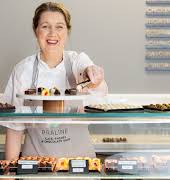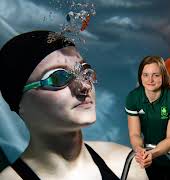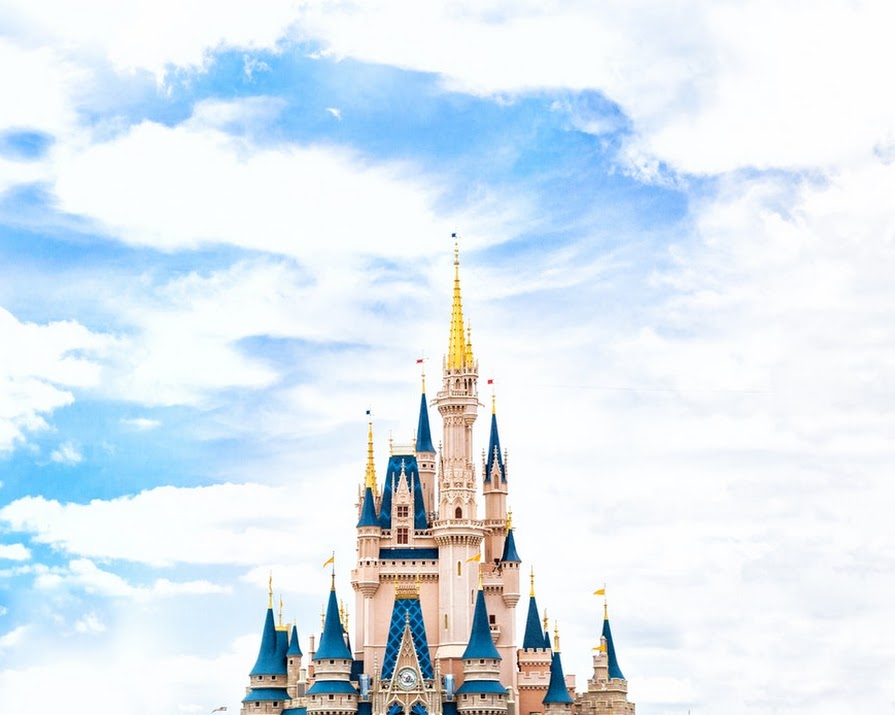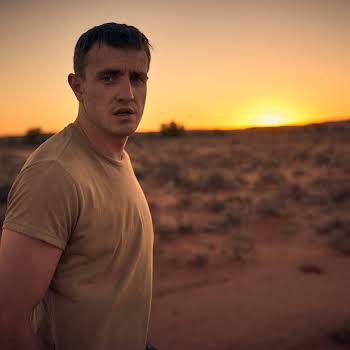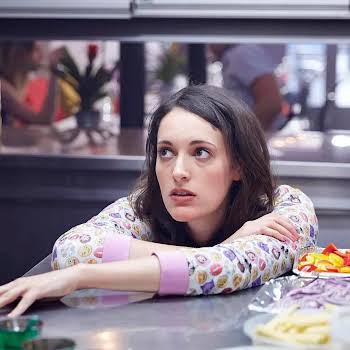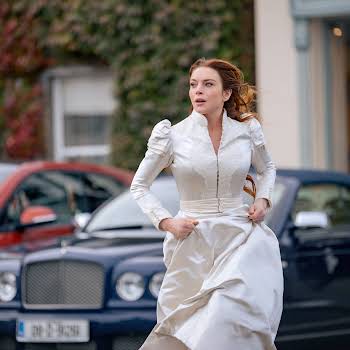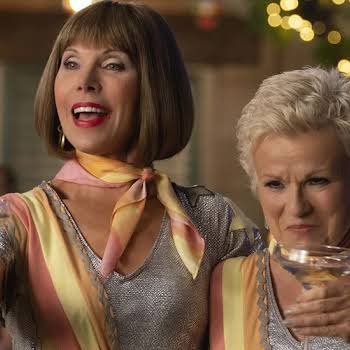
Why we should let our daughters watch (and fall in love with) Disney fairytales
By Erin Lindsay
18th Oct 2018
18th Oct 2018
Like any good kid of the 90’s, I grew up absolutely obsessed with all things Disney.
I sat in front of the television for hours watching each VHS tape on repeat, absorbing every line of dialogue and every song through unblinking eyes. Belle was my favourite princess – a bookworm with a low tolerance for misogyny (Gaston was probably my first introduction to sexism, now that I think about it), I related to her a lot. I was also partial to Mulan, Ariel, Snow White, Meg from Hercules – pretty much any female Disney character, it could be guaranteed that I’d love her.
I also grew up to be a pretty staunch feminist. My parents instilled a very strong belief in me from a young age that I could do absolutely anything I wanted to in life – whether you were a boy or a girl didn’t come into it. So when the ideas of ‘glass ceilings’ and ‘gender roles’ reared their ugly heads, that didn’t fly with me. Now, as a journalist for a women’s publication, I have to be well informed about women’s issues, culture, challenges and history, and regularly and enthusiastically call out sexism when I see it and try my best to campaign for a more inclusive, less patriarchal world.
So here’s the thing. This week, actress Keira Knightley appeared on daytime TV show Ellen and chatted to host Ellen DeGeneres about her upcoming movie and how she parents her three-year-old daughter. In conversation, Knightley revealed that she has banned certain Disney films from her house, because she doesn’t agree with some of the messaging towards young girls. Specifically, she’s banned Cinderella, “because she waits around for a rich guy to rescue her. Rescue yourself, obviously,” and The Little Mermaid because: “The songs are great but do not give your voice up for a man, hello!”
Having her daughter grow up to be a self-assured, intelligent woman is obviously high on Knightley’s list, and I really do applaud her for that. But if you take a look at the movies she’s deprived her daughter of for being ‘anti-feminist’, I think it might be a bit misguided. For starters, Cinderella doesn’t wait around for a rich guy to rescue her. She has a terrible life and when her Fairy Godmother shows up, she doesn’t ask for a man to take her away – she asks for a dress and a night out. Prince Charming is a nice bonus, sure, but Cinderella had her priorities pretty straight. Ariel, on the other hand, is hungry for a life beyond the confines of the sea – she wants new experiences, new horizons to stretch her (soon-to-be) legs. Prince Eric doesn’t want her to give up her voice – if you actually look at the film, her voice is the thing he finds attractive in the first place, and what he’s delighted for her to regain at the end. Sounds like the perfect ‘woke bae’ to me.
Far be it from me to criticise how another woman parents her child – Knightley is absolutely within her rights to do what she feels is best in raising her daughter. But to say that these films are ‘anti-feminist’ and that they send damaging messages to little girls, so much so that you should ban them out of your home, feels a bit unfair. My idea of feminism hinges solely on the words of the great Amy Poehler – “Good for her, not for me”.
Feminism means every woman being able to be and do whatever she wants, as long as it doesn’t infringe on the rights of another woman to do the same. And, to me, that right extends to little girls too. If the small gal in your life wants to watch a Disney movie, get lost in the music and dream about being a princess, that is a lovely thing. Just because a girl dreams of dresses and true love, doesn’t mean she can’t care about gender politics and equality. Being a collection of paradoxes is one of the greatest perks of being a woman – having a good argument about sexism followed by watching Snow White seems like a great evening to me.
I’d love to say that Disney shaped my feminism in later years – that I formed my opinions of chauvinism and patriarchal norms from my viewings of Aladdin and Beauty and the Beast. In reality, I was really just concerned with being a princess – the lessons about feminism came later. Disney movies showed me how to be brave, how to stand up for what was right, how to work hard, how to love, how to dream. I think for a kid’s movie, that’s more than enough.








